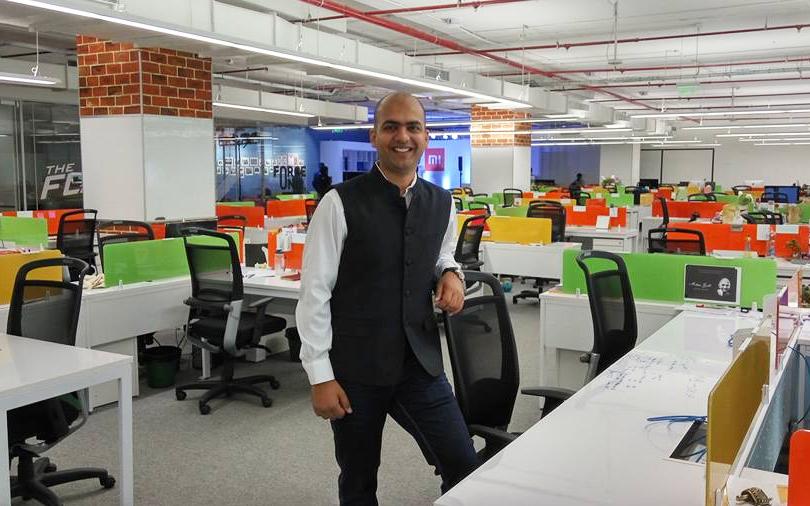Chinese smartphone maker Xiaomi Inc., the world's second-most valuable startup, made its first publicly-disclosed investment in India in April 2016. It had led a $25-million round in online entertainment company Hungama Digital Media Entertainment as part of its strategy to introduce local content on its smartphones. Almost a year later, venture capital firm Shunwei Capital, a sister concern of Xiaomi, led a $5-million round in mobile gaming startup Mech Mocha Game Studios. Clearly, Xiaomi seems to be going in for synergistic investments that can help it strengthen its core mobile play. Manu Jain, the company's global vice president and India managing director, spoke to VCCircle about all this, and more, on the sidelines of the inauguration ceremony of Mi Home, its first offline store in the country. Excerpts:
What are your plans to invest in Indian startups?
We invest in India in two ways—from the company itself, and through our investment arm Shunwei Capital. Shunwei, which was also started by Xiaomi founder Lei Jun, is a pure investment arm, just like any other VC fund. In fact, it is one of the biggest VC funds in China. Between Xiaomi and Shunwei, we have made five investments in India, though we have not disclosed everything. One of Xiaomi's big investments was Hungama Digital, where we led the round.
We want to invest in companies that can help us improve our mobile and software experience, and whose services we can integrate into our phones to provide a superlative experience. So, we would be investing in many more companies in the next few years. We are not looking at exits. We want strategic partnerships.
Over a period of time, we may also consider investing in hardware companies, but unfortunately not many startups in India are doing a phenomenal job at hardware. Xiaomi understands hardware because most products in our ecosystem, such as power banks, air purifiers and water purifiers, are made by companies where we have significant majority stakes. That said, if there are companies making great hardware, we are open to investing in them.
How much do you plan to invest in Indian startups over the next few years? Can you put a figure on that?
Shunwei is a fund, but Xiaomi isn't. It makes investments from the balance sheet. So, whenever we find an interesting company, we could invest anywhere from a few million dollars to tens of millions of dollars, or even more. In India, Hungama has been our biggest investment so far. We are open to making big-ticket investments if they make sense for us.
Recently, you stopped revealing the annual sales figures for Xiaomi. Was that aimed at keeping vital information from competition, or because you think you grew too fast?
Of course, we grew very fast. We are the fastest-growing startup in the world. Whether it's $1 billion or $10 billion, we were the fastest company in the world to cross those milestones. Even in India, we crossed $1 billion in annual revenue last year, making us the first company in India's history to cross the milestone within two years of starting operations here.
Our philosophy is to share numbers when we cross a major milestone. For instance, we did not disclose our India revenue figures for 2015, our first full year here, even though the number was massive. Last year, we disclosed because we crossed $1 billion in revenue. Similarly, we do not announce in every sale how many Redmi Note 4s we have sold in India so far, but when we crossed the 1-million mark in 45 days, we disclosed it. Redmi Note 4 is the fastest-selling phone in the history of India.
What is Xiaomi's current valuation?
We have not raised any money for two years for the simple reason that we are a fundamentally profitable business, both in China and India. We do not have to raise money to fund our operations. The reason we raised money earlier was to either use it for strategic, long-term investments, such as our making own chipsets, or to invest in other startups.
In our last funding round two years ago, we were valued at $46 billion. We are the world's second-most valuable tech startup, after Uber. In that round, Ratan Tata also invested. In fact, we are the only non-Indian company he has invested in. Also, he is the only Indian investor in Xiaomi.
Like this interview? Sign up for our daily newsletter to get our top reports.






